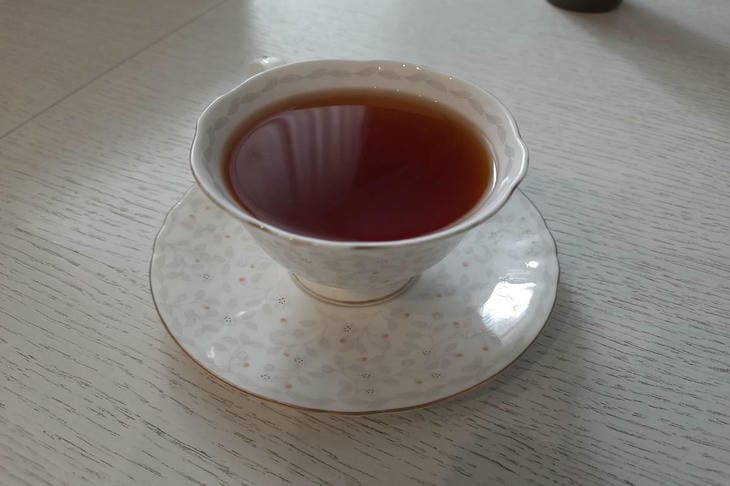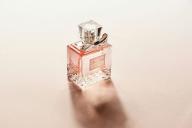Imagine that centuries ago someone decided to mix two completely different drinks - bitter black tea and creamy milk.
Today, millions of people repeat this ritual without even thinking about why. Some call it a gastronomic crime, others - perfection.
National Geographic magazine once noted that the tradition of adding milk to tea was a “quiet cultural revolution,” and British writer George Orwell called it the only true way in his essay “A Fine Cup of Tea.” But what’s behind this combination? The answer lies in history, chemistry, and human psychology.

Historians associate the habit of diluting tea with milk with the European aristocracy of the 18th century. The expensive porcelain from which the elite drank often cracked from boiling water.
Adding milk allowed the cold liquid to be poured in first, then the tea, while preserving the integrity of the vessel. The method later caught on among the working classes of England, where milk softened the harsh taste of cheap tea leaves.
A study published in The Lancet in 1897 claimed that the drink gave laborers more energy.
Today, the practice is associated with the British "five o'clock", but its roots go deeper. In India, for example, masala chai with milk and spices has been used for centuries in Ayurveda to strengthen the immune system.
Renowned chef Gordon Ramsay admitted in an interview with BBC Food that without milk his morning tea "loses its soul".
Scientifically, milk neutralizes tannins, the compounds responsible for the bitterness in tea. An experiment in the Journal of Agricultural and Food Chemistry found that casein, a milk protein, binds to tannins, making the drink smoother.
This explains why strong English breakfast tea or Assam tea is often drunk with milk. Emiliano Ferrini, a professor of food chemistry at Oxford, noted in a Science Weekly podcast:
"It's like turning down the volume of your tea by a couple of decibels."
At the same time, the fats in milk slow down the absorption of caffeine, providing a smooth surge of energy - a fact appreciated by fans of a healthy lifestyle.
Cultural differences also play a role. In Mongolia, yak milk and ghee are added to tea, turning it into a filling meal. Tibetan monks consider the drink a source of warmth in the mountains.
And in American coffee shops, the "chai latte" has become a hit with millennials, although purists, like barista blogger James Hoffman, grumble: "The milk masks the tea's true character."
However, there are even fans among celebrities - singer Taylor Swift once said on Instagram that she drinks "milk tea" before concerts to calm her nerves.
Not everyone, however, is prepared to put up with such a symbiosis. Critics like tea sommelier Victoria Lozovaya claim that milk “kills the delicate notes of elite varieties.”
Japanese ceremonies, for example, exclude any additives to preserve the purity of taste. But for most, it is a matter of habit and comfort.
As tweeted by @TeaLover89 :
"Milk in tea is like a blanket on a rainy day: it may not be pretty, but it's cozy."
So should you put milk in your tea? The answer depends on what you're looking for: authenticity or personal pleasure. After all, even The New York Times acknowledged that cooking is an art without rules.
Try both. Perhaps, like Charles Dickens, who called milk tea “the taste of home,” you’ll find this combination to be more than just a drink.








